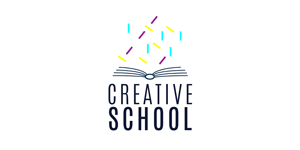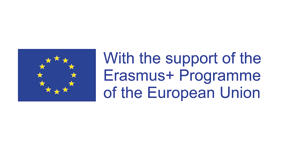The Covid-19 pandemic followed a global economic downturn that already had a damaging impact on youth and adult populations throughout Europe. The rise in unemployment and a lack of opportunities to develop and improve the skills of its citizens has been a major concern for the EU. The EU 2020 Strategy acknowledges that education and training can tackle these challenges, and the cultural sector is proving to be one of the key players in new forms of vocational tourism that could have a major impact on the economy of the European countries.
The Creative School is an Erasmus+ project that aims to use the creative and innovative methods and tools developed within the cultural sector and apply them to developing learning modules for children and schoolteachers. Changes in society and technology have reshaped the way people access and use cultural information as well as share and collaborate in participatory platforms. In response, the project will also explore the possible mobilization of digital cultural heritage and engagement with models of maker spaces as tools for creating unusual and exciting learning opportunities. Here maker spaces are intended as community-operated workspaces, where people with common interests in technology, science, heritage and art can meet, socialize and collaborate. Within the Creative School project, Ars Electronica is developing an open educational resource for schoolteachers that features lesson plans introducing concepts and issues around artificial intelligence.
Credits
Partners: Ars Electronica (AT), Dedale (FR), Cap Sciences (FR), Michael Culture Association (BE), STePS (IT), Radiona Makerspace (HR), Heretic (UK), Chester Beatty Library (Ireland), Finnish Museums Association (FI)
Participating gardens: Garden Zagreb
Creative School has been funded with the support of the European Union and the French National Agency for the Erasmus+ Programme.






